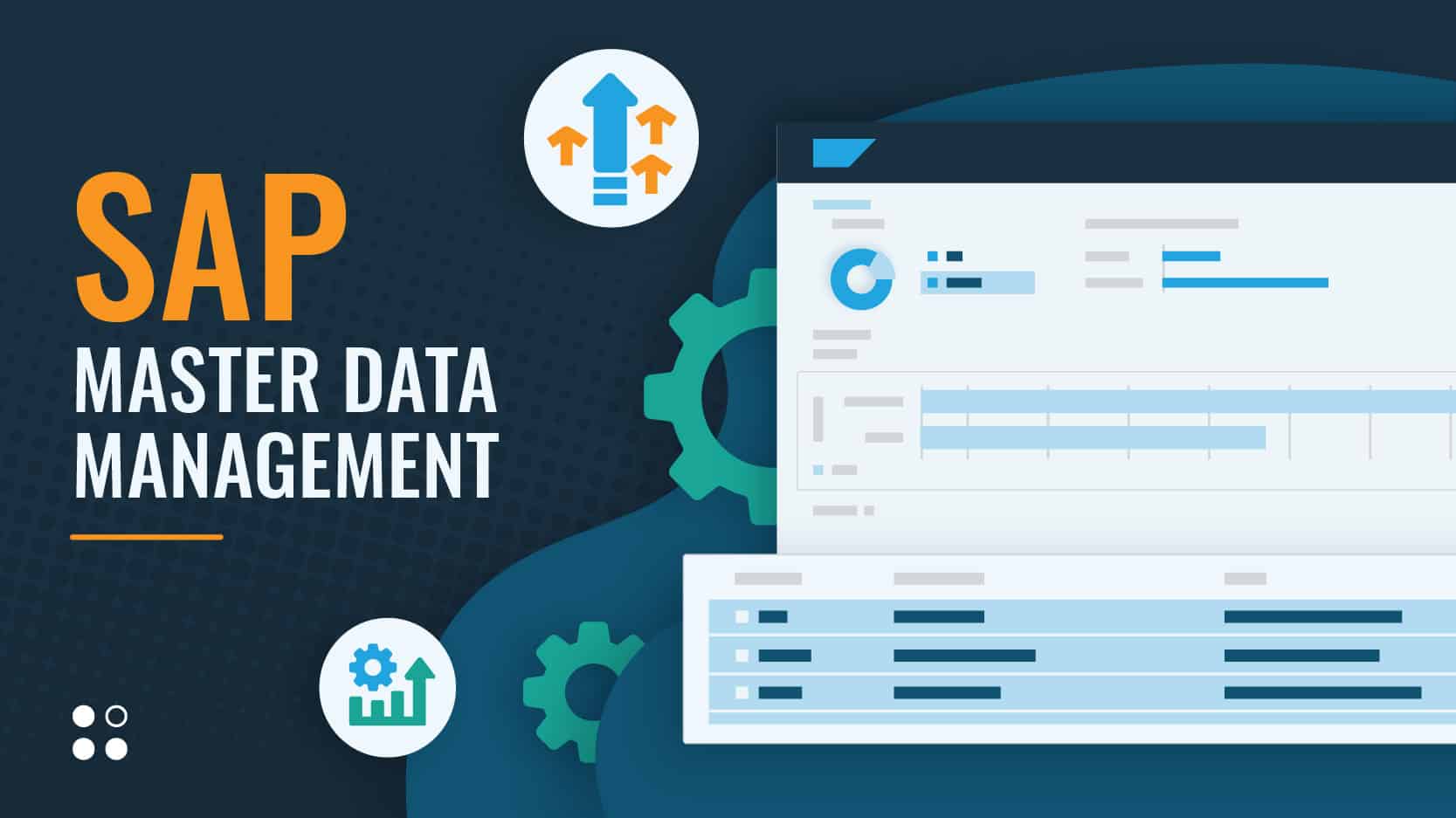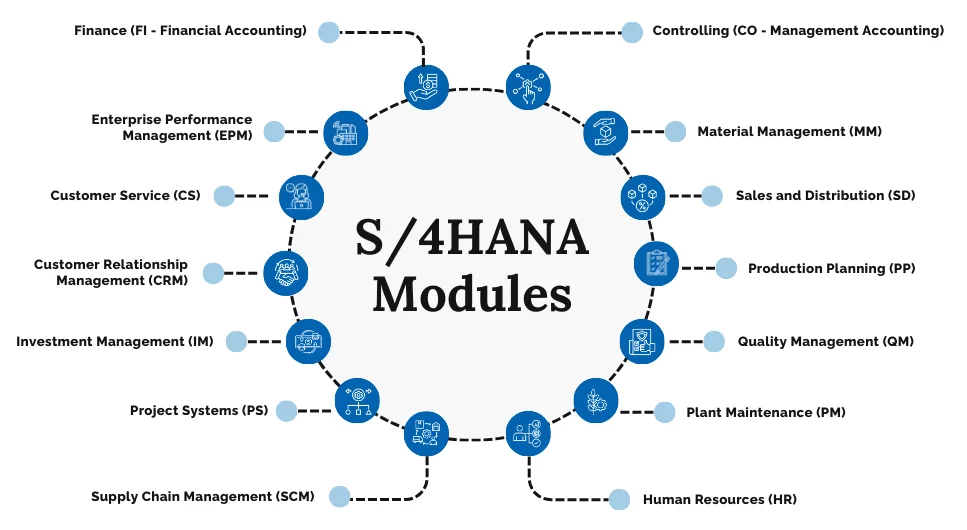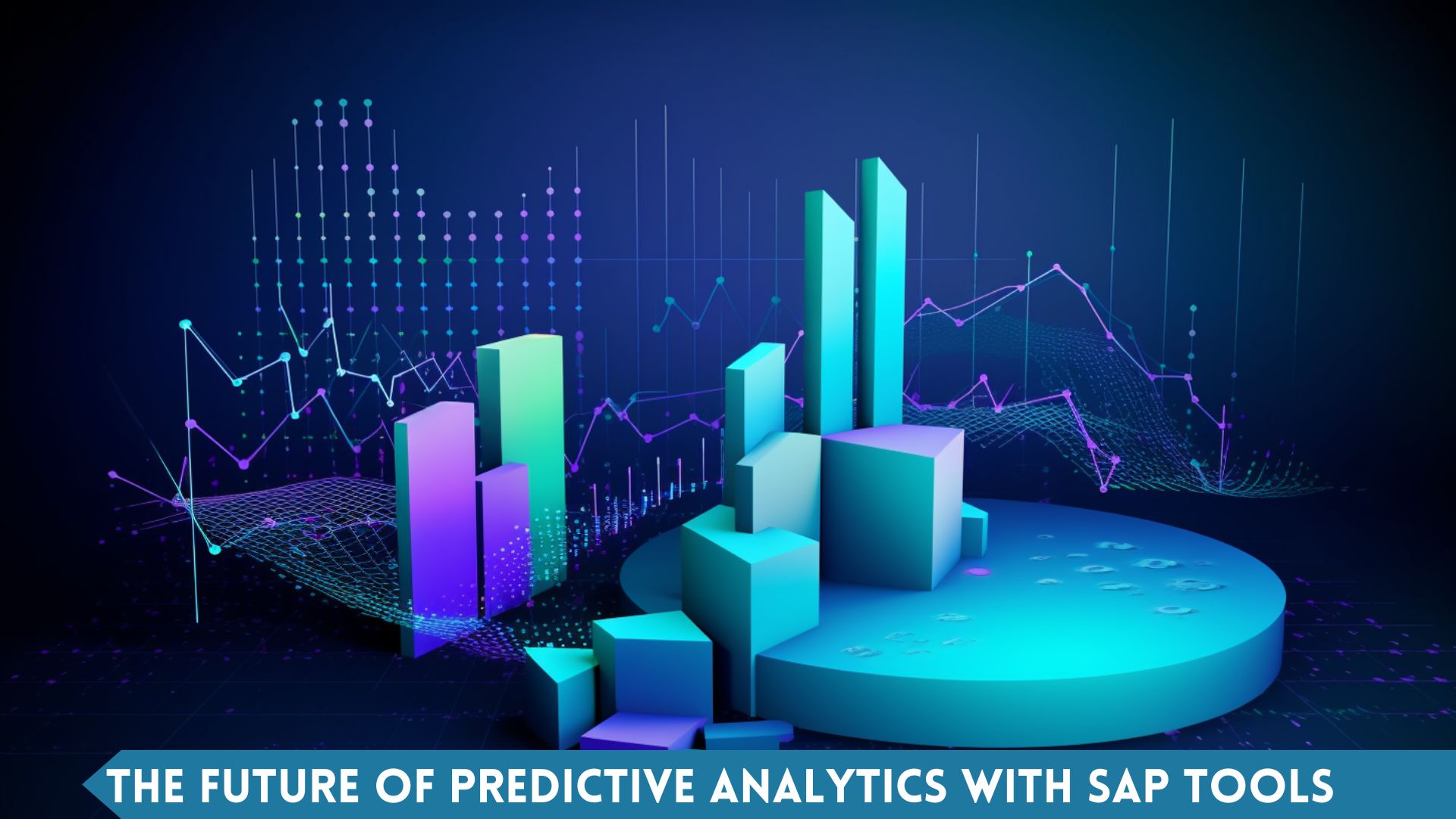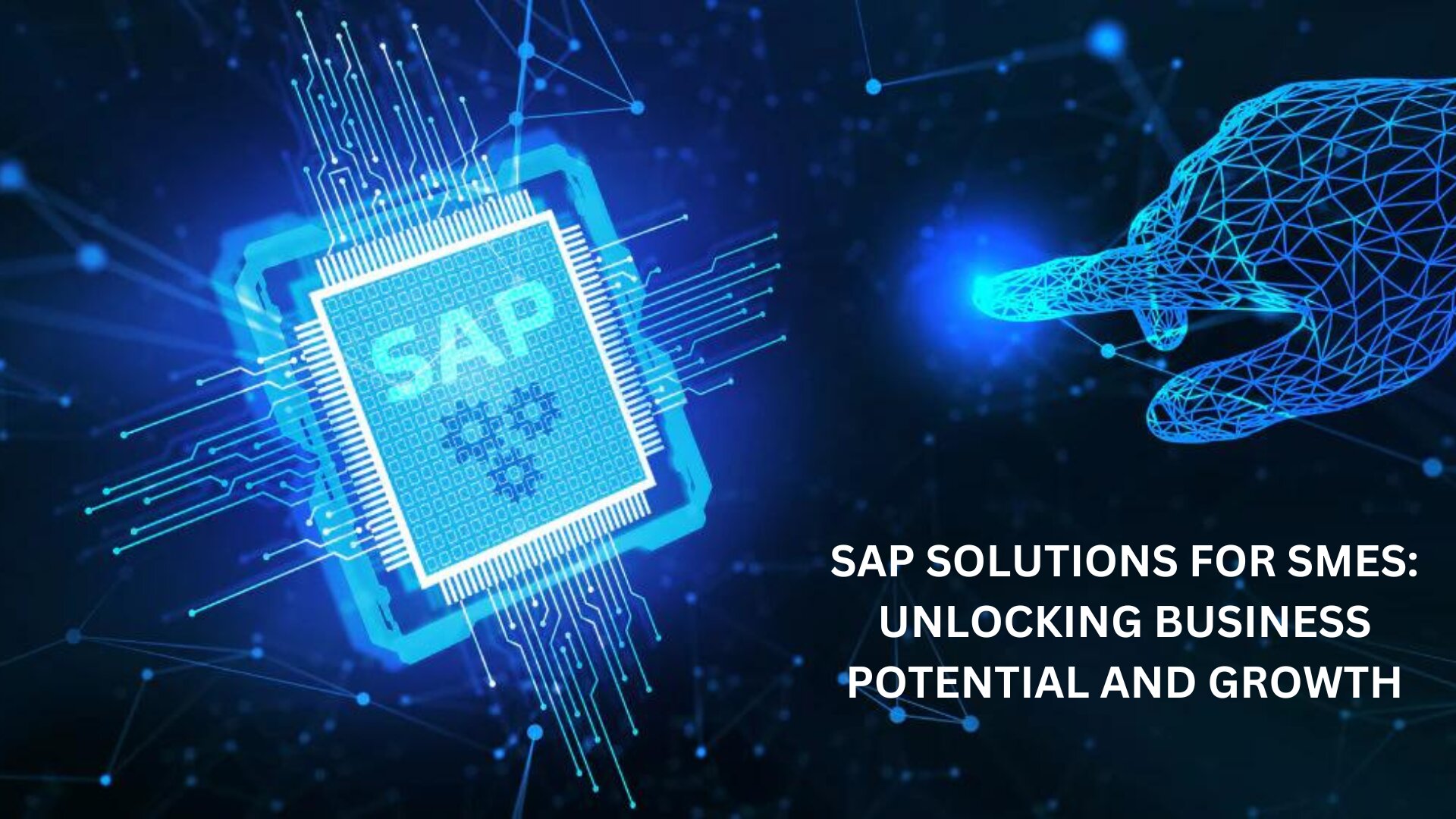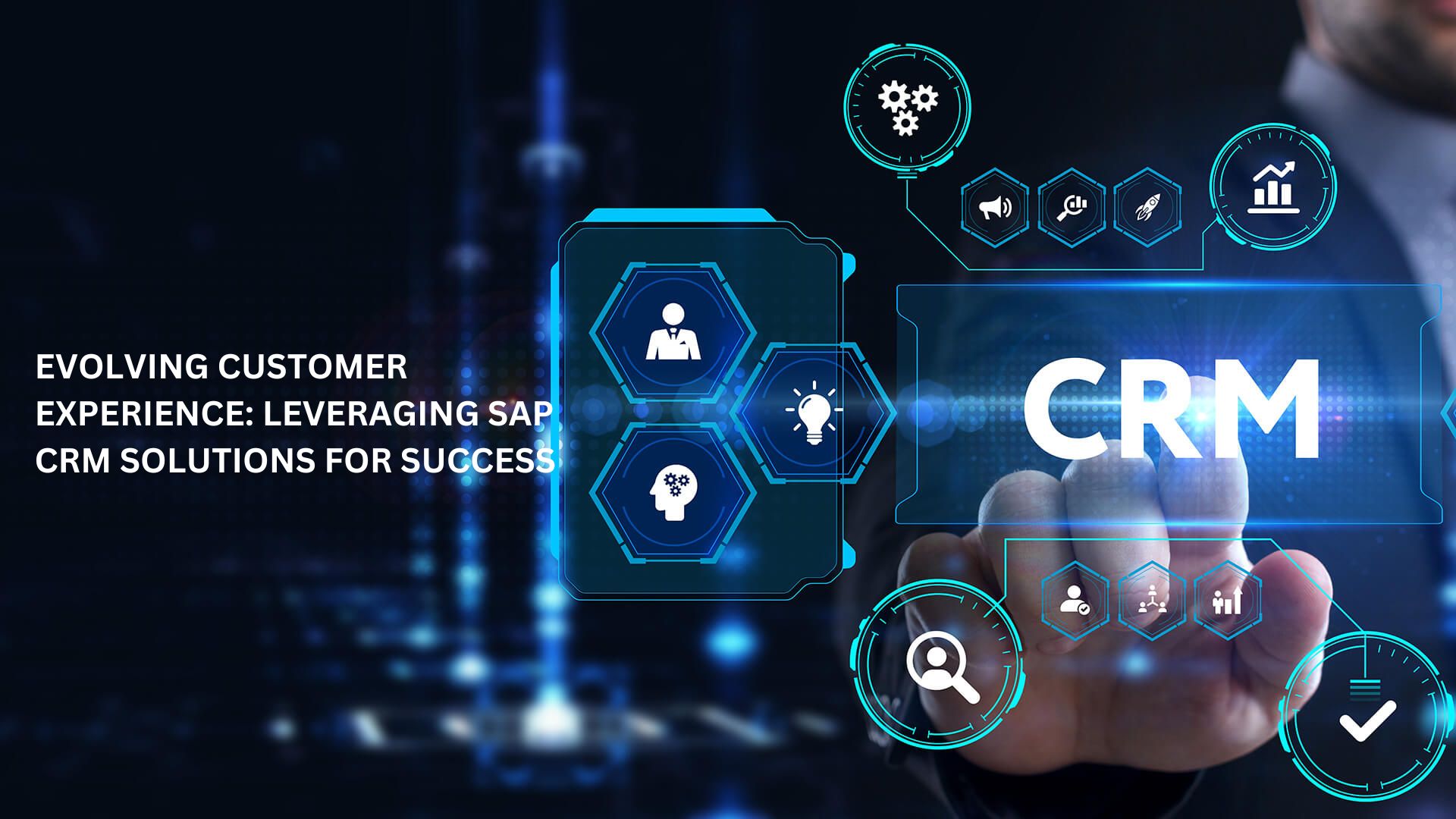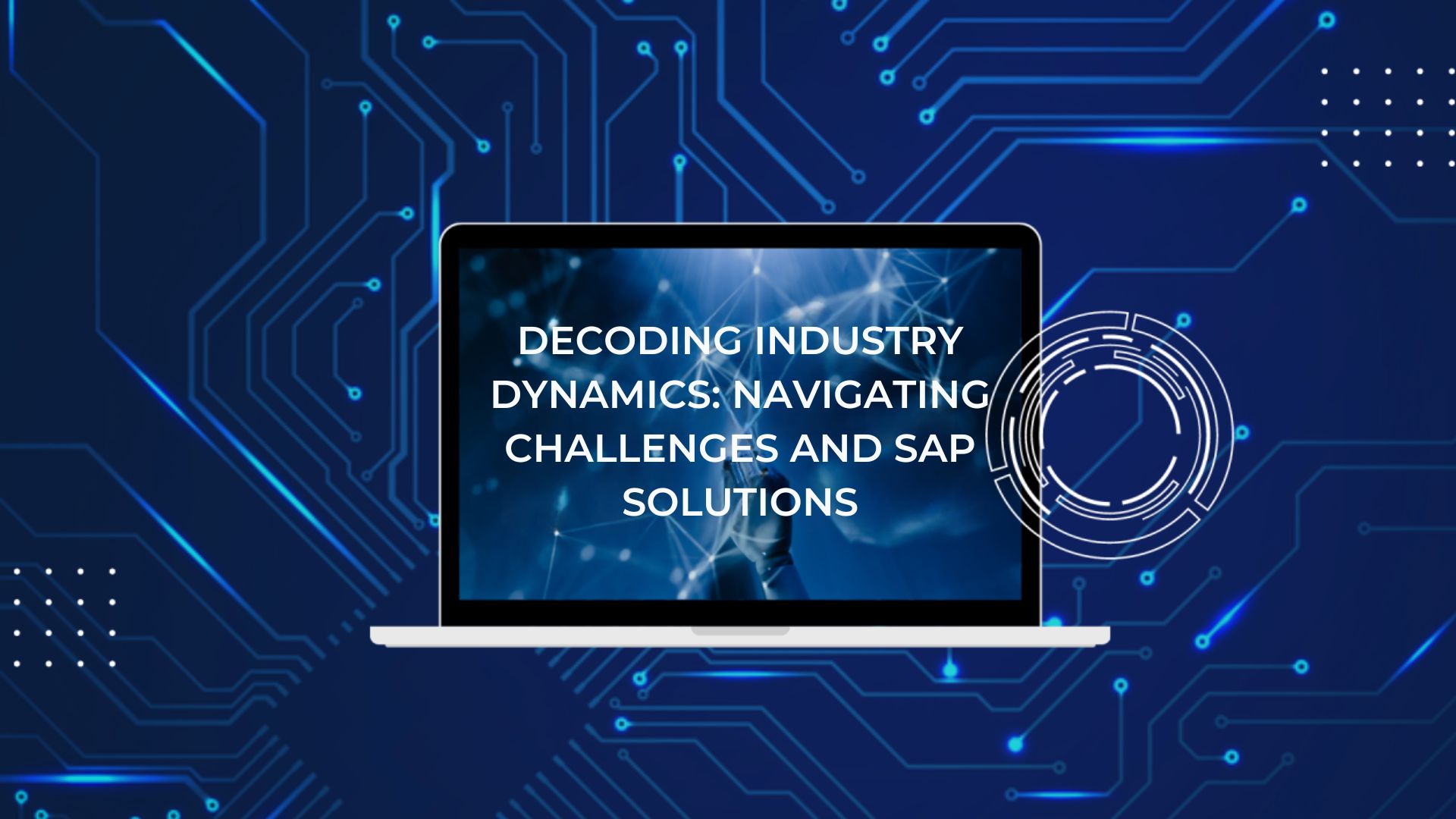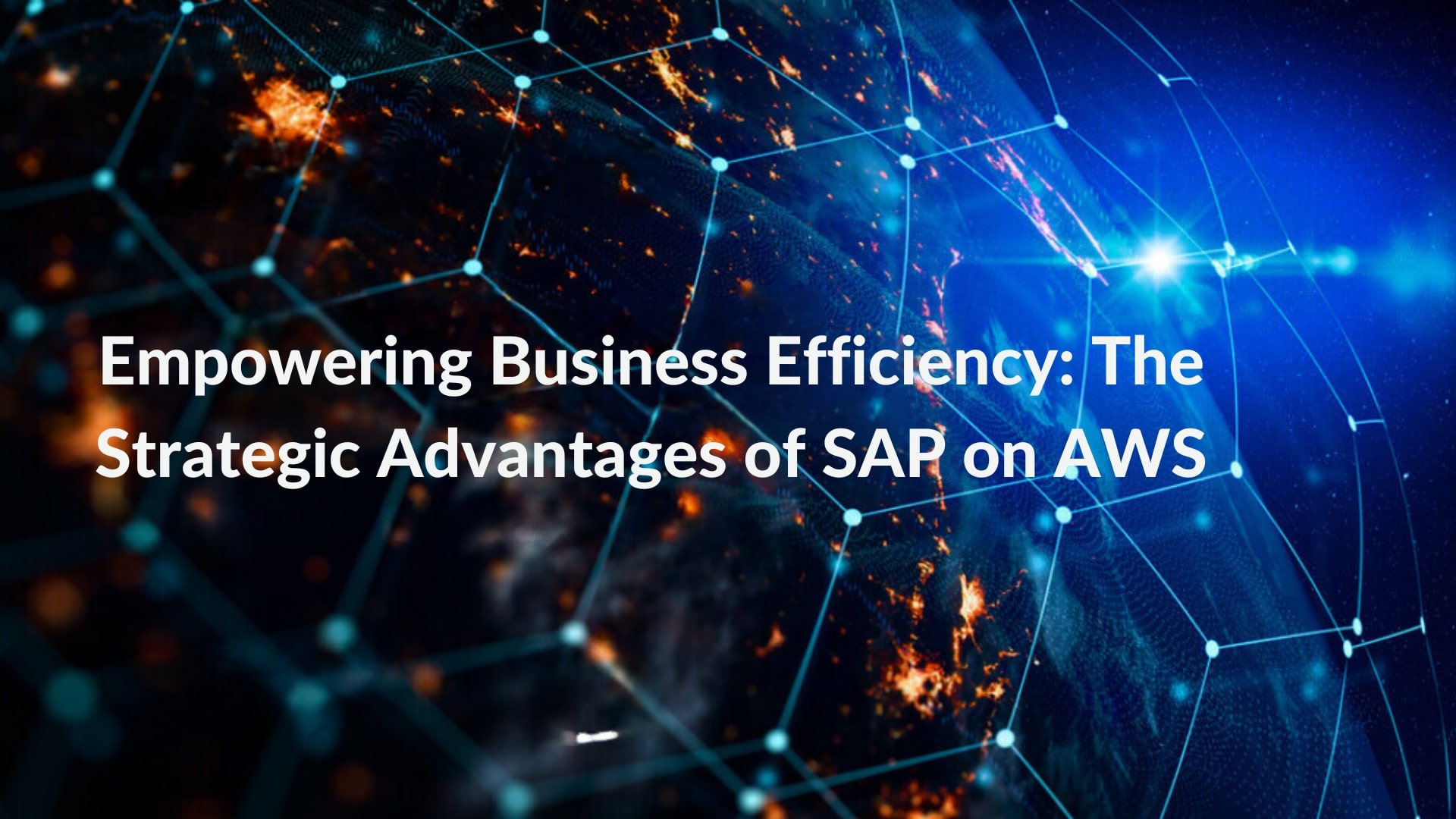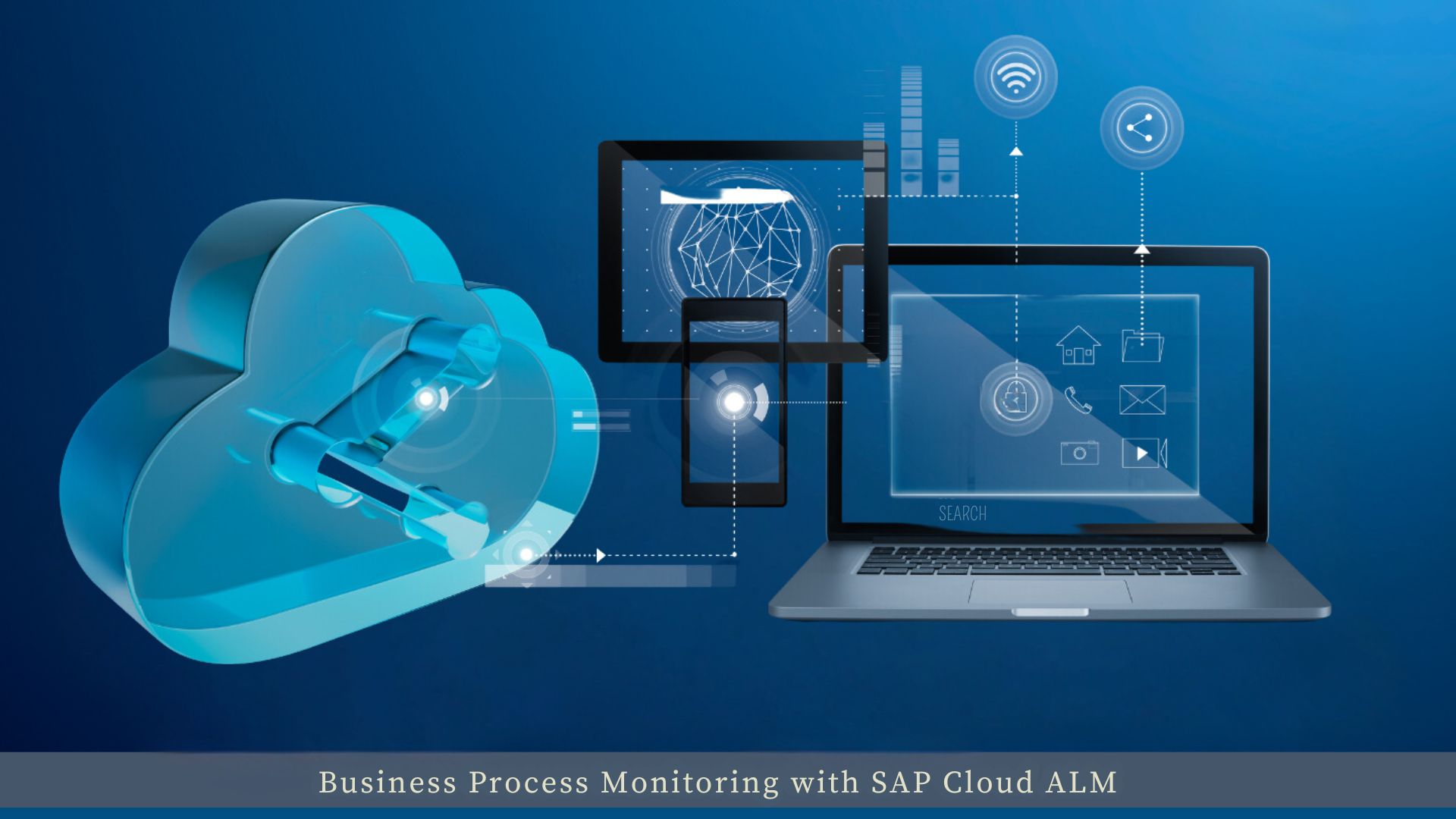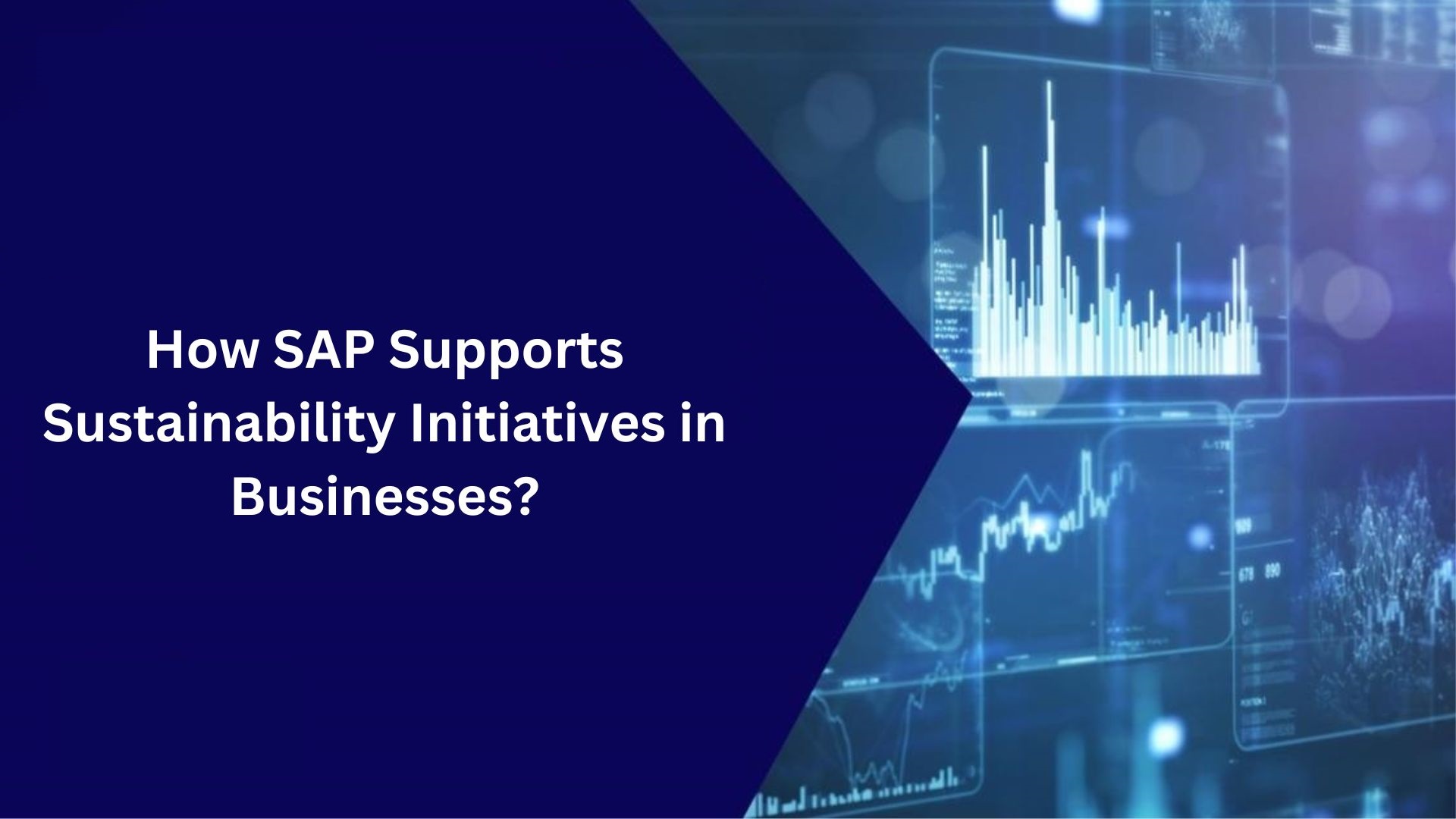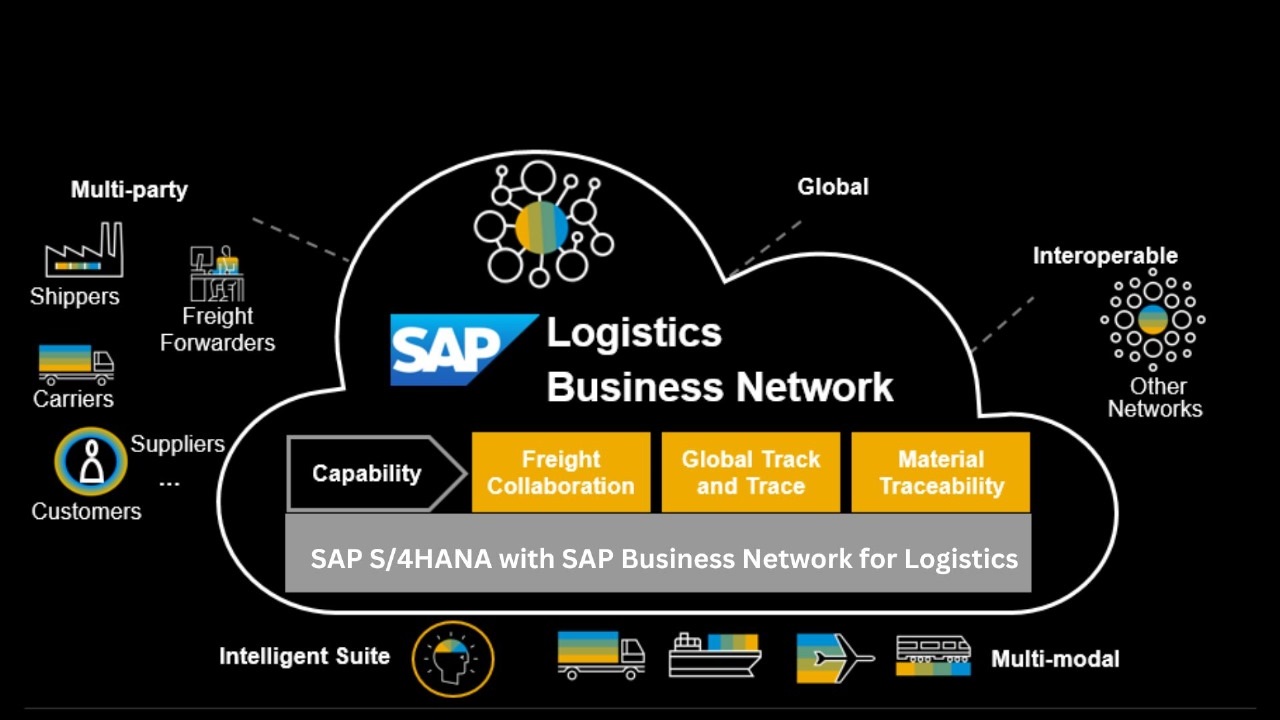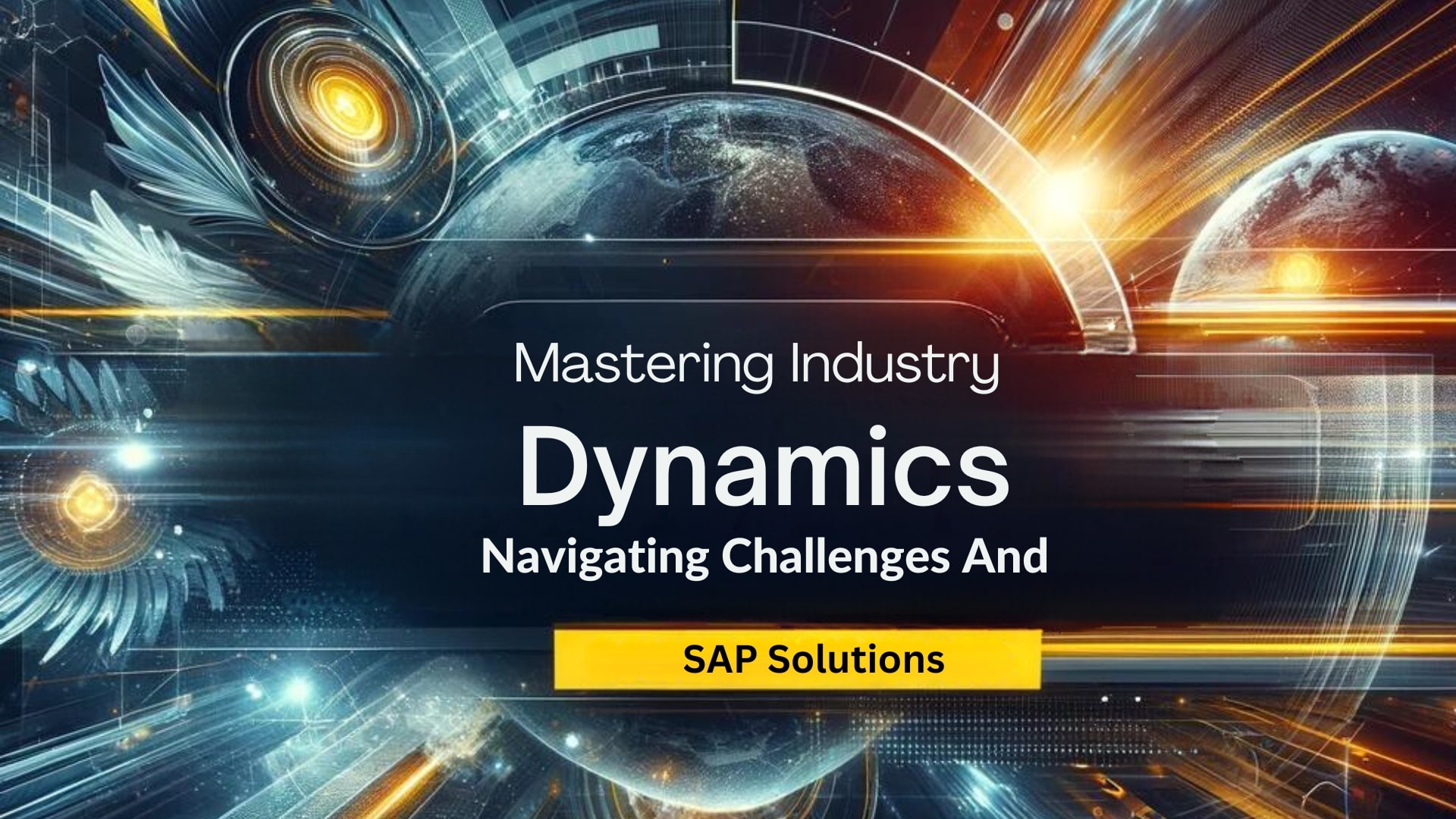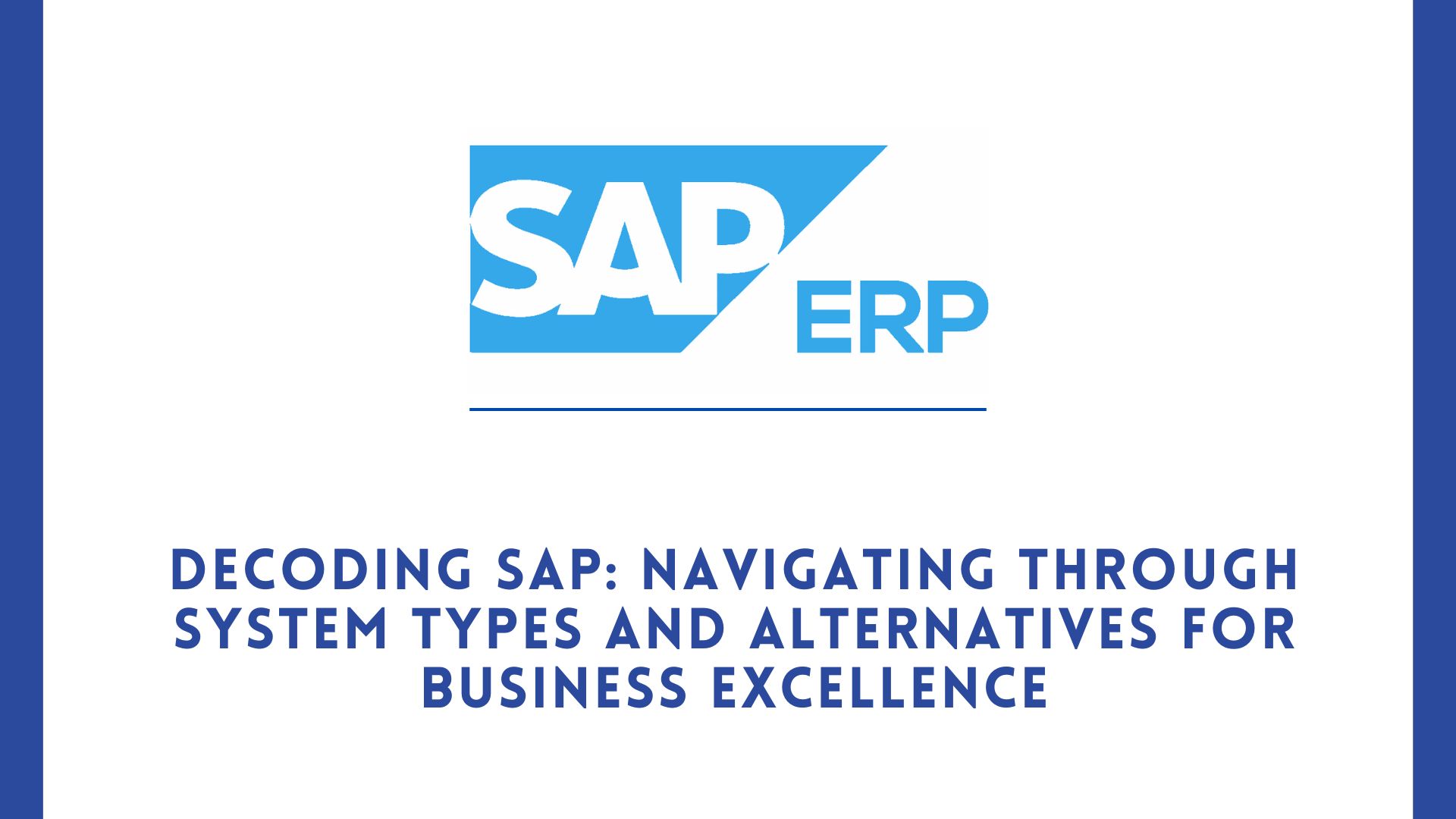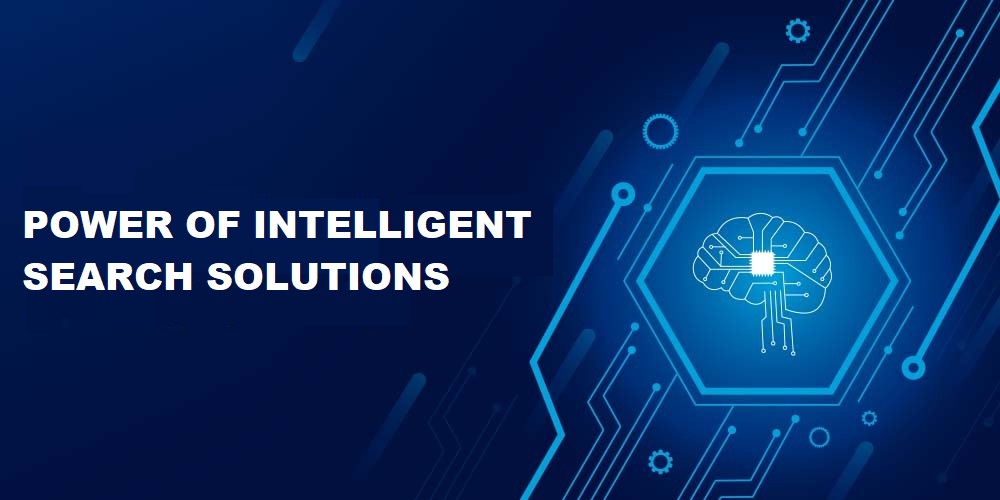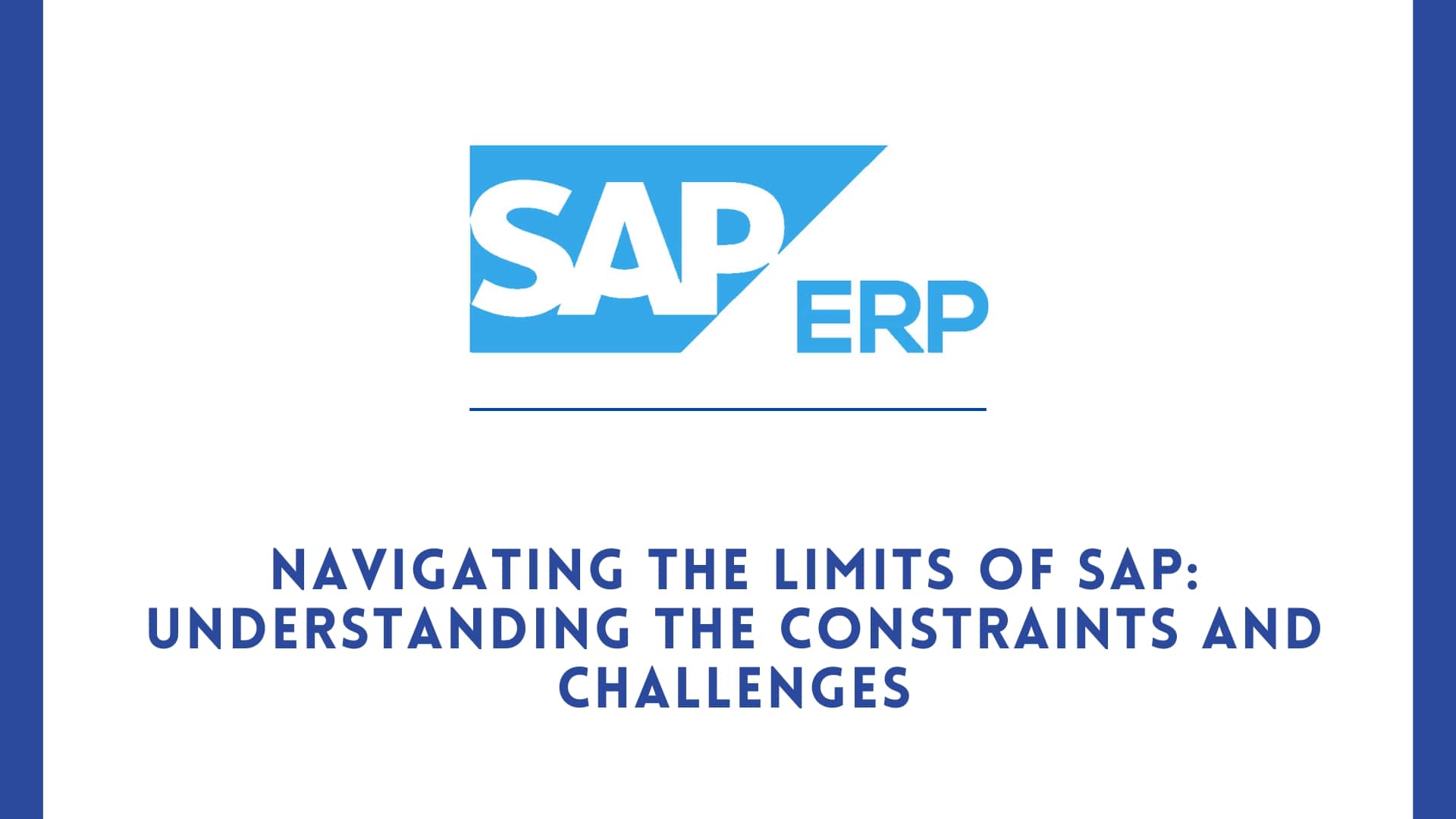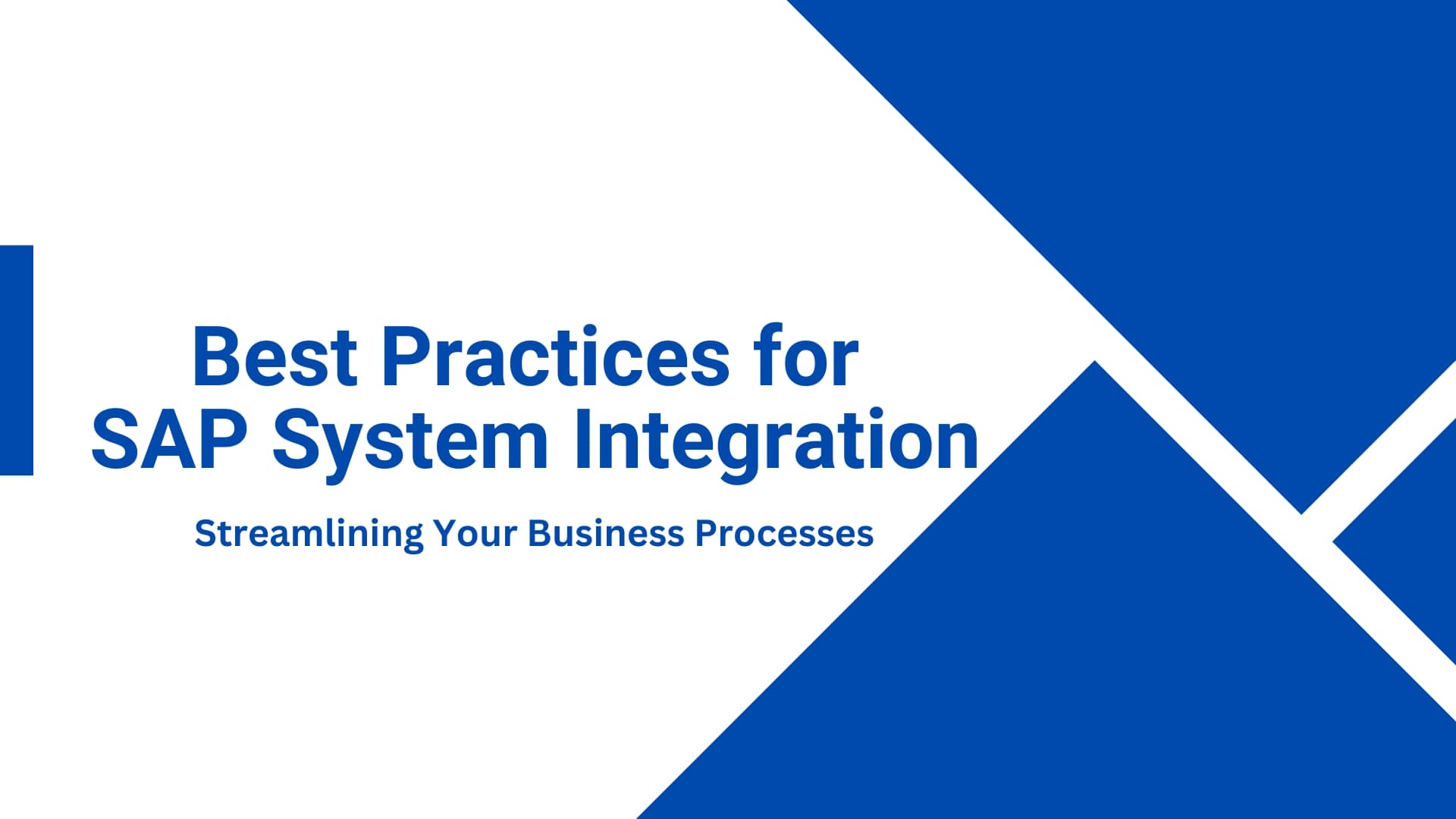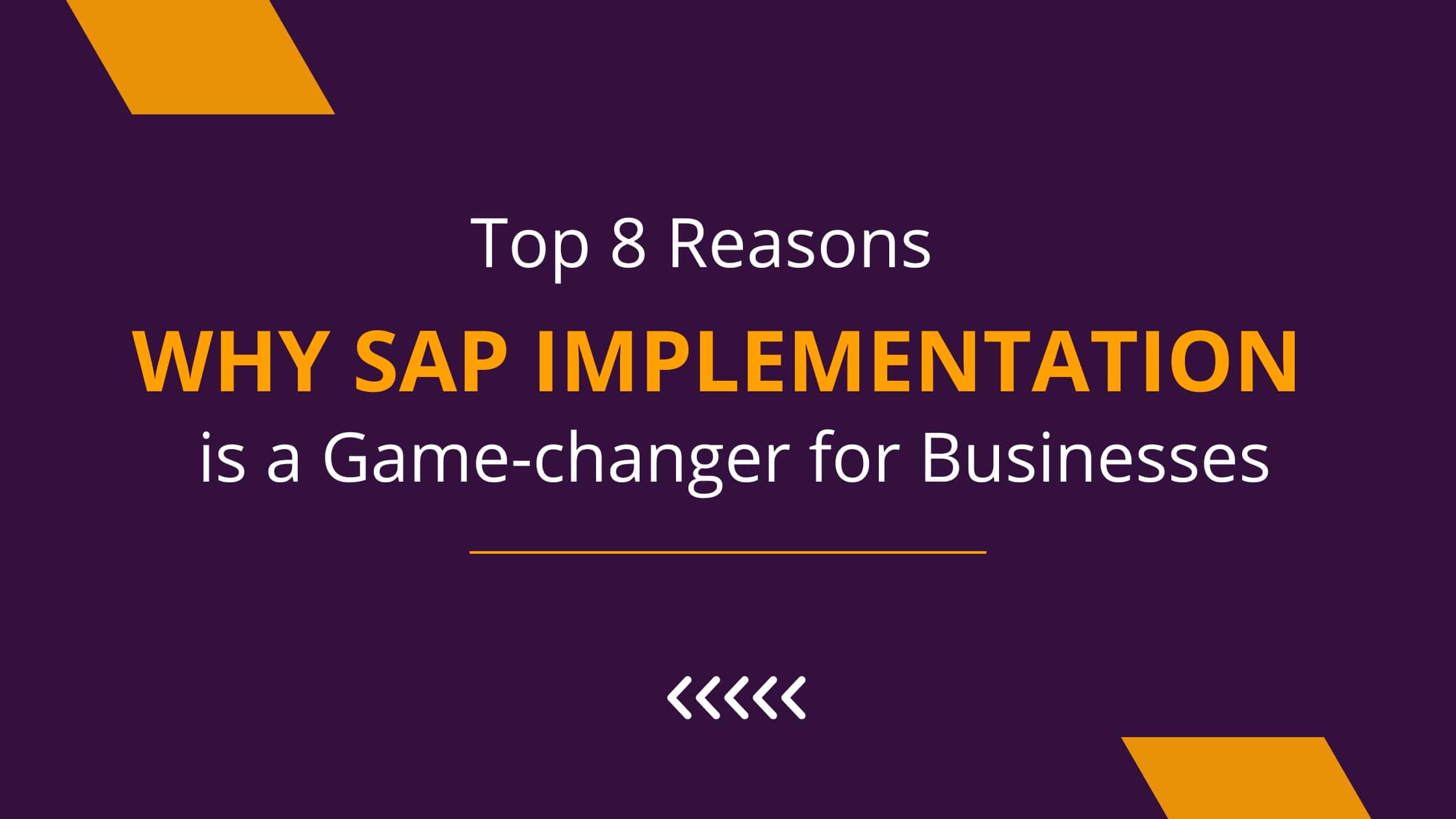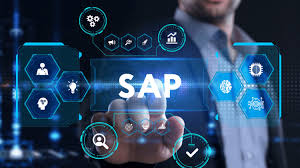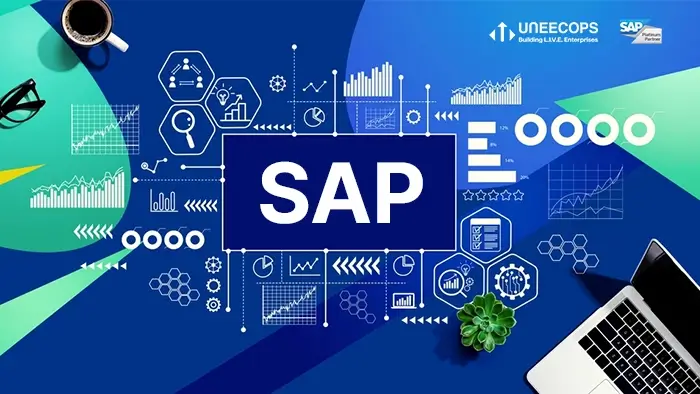Agentic AI in SAP: Transforming ERP with Intelligent Agents
Enterprise Resource Planning, commonly known as ERP, has long been the digital backbone of organizations. It unifies operations, streamlines processes, and ensures data flows seamlessly across different departments. SAP has been at the center of this evolution, continuously pushing the boundaries of what ERP can achieve. Now, SAP is entering a new era with the introduction of Agentic AI. This innovation does not simply enhance automation; it transforms ERP into a self-learning, autonomous ecosystem where intelligent agents operate as virtual co-workers, capable of making independent decisions and collaborating in real time.
Agentic AI in SAP can be understood as the deployment of intelligent software agents that function much like human decision-makers, but with far greater speed, precision, and adaptability. These agents are designed to analyze large volumes of data instantly, anticipate outcomes, and act proactively. Unlike traditional automation that strictly follows pre-programmed rules, Agentic AI learns and adapts continuously, adjusting to evolving market conditions, customer needs, and supply chain disruptions. Within SAP systems, these agents act as decision-makers who do not merely execute commands but rather evaluate options, recommend solutions, and implement decisions aligned with business goals.
One of the most transformative applications of Agentic AI lies in the area of sales. A sales optimization agent embedded within SAP is capable of dynamically analyzing market demand, competitor pricing, and customer buying behavior to recommend the most effective strategies. Instead of sales teams manually working through historical reports, the intelligent agent can instantly propose the right product bundles, adjust pricing models, and even automate the generation of quotations and contracts. For instance, if a retailer is entering a high-demand season, the sales agent can quickly identify which discounts or promotional packages will maximize conversions without sacrificing profit margins. By doing so, businesses can respond to customer expectations in real time and close deals much faster than ever before.
Equally powerful is the supply chain agent, which acts as a vigilant overseer of logistics and inventory management. In today’s complex supply networks, disruptions can occur at any moment, whether from shortages, transportation delays, or sudden spikes in demand. A supply chain agent integrated into SAP ERP constantly monitors stock availability, predicts shortages before they occur, and suggests alternative suppliers or routes to keep operations running smoothly. For example, a manufacturing company might face a raw material shortage due to a supplier issue. Instead of waiting for human intervention, the supply chain agent can instantly recommend alternate vendors or adjust procurement schedules to ensure production continues without interruption. This proactive capability significantly reduces downtime, optimizes costs, and strengthens resilience in uncertain environments.
What makes Agentic AI especially transformative is the collaborative intelligence between these agents. Unlike traditional ERP automation, where workflows function in silos, agentic systems allow different agents to coordinate decisions in real time. Imagine a situation where the sales agent closes a bulk order with a client. Instantly, the supply chain agent validates stock availability, reviews delivery capabilities, and even negotiates alternative delivery schedules if needed. This collaboration creates a self-orchestrating ERP ecosystem where every decision is validated end to end without waiting for manual approvals or risking operational bottlenecks. It is this inter-agent communication that elevates ERP from being a record-keeping system to becoming an intelligent decision-making partner.
The benefits of Agentic AI in SAP are vast. Businesses gain autonomy in decision-making, which minimizes human dependency for routine approvals and accelerates workflows. Efficiency is dramatically enhanced because repetitive and time-consuming tasks are shifted to agents, freeing human employees to focus on strategic initiatives and innovation. The adaptability of these agents allows organizations to respond instantly to changing circumstances, whether it be fluctuating customer demand, supply chain disruptions, or financial adjustments. Cost reduction is another key advantage, as agents optimize inventory, minimize wastage, and suggest cost-effective alternatives for procurement and logistics. Most importantly, customers experience faster, more accurate, and personalized services, strengthening long-term relationships and loyalty.
Industries across sectors are beginning to see the impact of Agentic AI in SAP. In retail, for example, intelligent agents deliver personalized promotions to shoppers while ensuring shelves remain stocked with high-demand items. In manufacturing, production planning is optimized by aligning procurement with real-time demand signals, reducing overproduction and stockouts. In healthcare, supply chains for medicines and equipment can be managed with greater precision, ensuring availability where it is most urgently needed. Financial services also benefit as AI agents take over compliance monitoring, fraud detection, and real-time reporting, enabling organizations to meet regulatory requirements with less manual effort.
When compared to traditional ERP automation, Agentic AI reveals its superiority. Conventional systems rely heavily on rule-based workflows and require significant human oversight. Agentic AI, by contrast, adapts to new scenarios, collaborates across processes, and operates with minimal human intervention. This shift is not just technological but cultural, as businesses begin to see ERP as an active partner rather than a passive tool.
SAP’s vision for the future goes even further. With innovations like SAP Joule, an AI-powered copilot embedded into applications, and the SAP Business Data Cloud, which provides a unified platform for trusted business data, the foundation for a fully autonomous ERP is being laid. In this future, networks of intelligent agents across finance, human resources, supply chain, and customer service will work in harmony, creating enterprises that are capable of self-adjustment in response to global market shifts, regulations, or even emerging crises.
Of course, the adoption of Agentic AI is not without challenges. Data quality remains a significant concern because AI agents are only as good as the information they receive. Poor or incomplete data can lead to flawed decisions. Change management is another obstacle, as employees and managers may be hesitant to trust critical decisions to AI agents. Regulatory frameworks also raise questions about the accountability of autonomous decision-making in areas like finance or compliance. Moreover, transitioning existing ERP systems into agentic AI ecosystems requires substantial investment, both in technology and in workforce training.
Despite these challenges, the direction is clear. Agentic AI in SAP is redefining the future of enterprise management. With intelligent agents that analyze, decide, and act, businesses are moving toward real-time adaptability and self-driven operations. From optimizing sales strategies to strengthening supply chains, the potential for transformation is immense. What was once seen as futuristic is now becoming a practical reality, positioning SAP not just as a provider of ERP solutions but as a pioneer of intelligent, autonomous business systems.
In conclusion, Agentic AI in SAP marks the beginning of a new era where ERP systems no longer serve as mere record keepers but evolve into intelligent collaborators. By combining the power of data, AI-driven decision-making, and inter-agent collaboration, businesses can unlock new levels of efficiency, agility, and customer satisfaction. While challenges in adoption remain, the undeniable value of this technology ensures that it will become central to the enterprise of tomorrow. The age of self-orchestrating ERP systems has arrived, and Agentic AI is the driving force behind this transformation.
